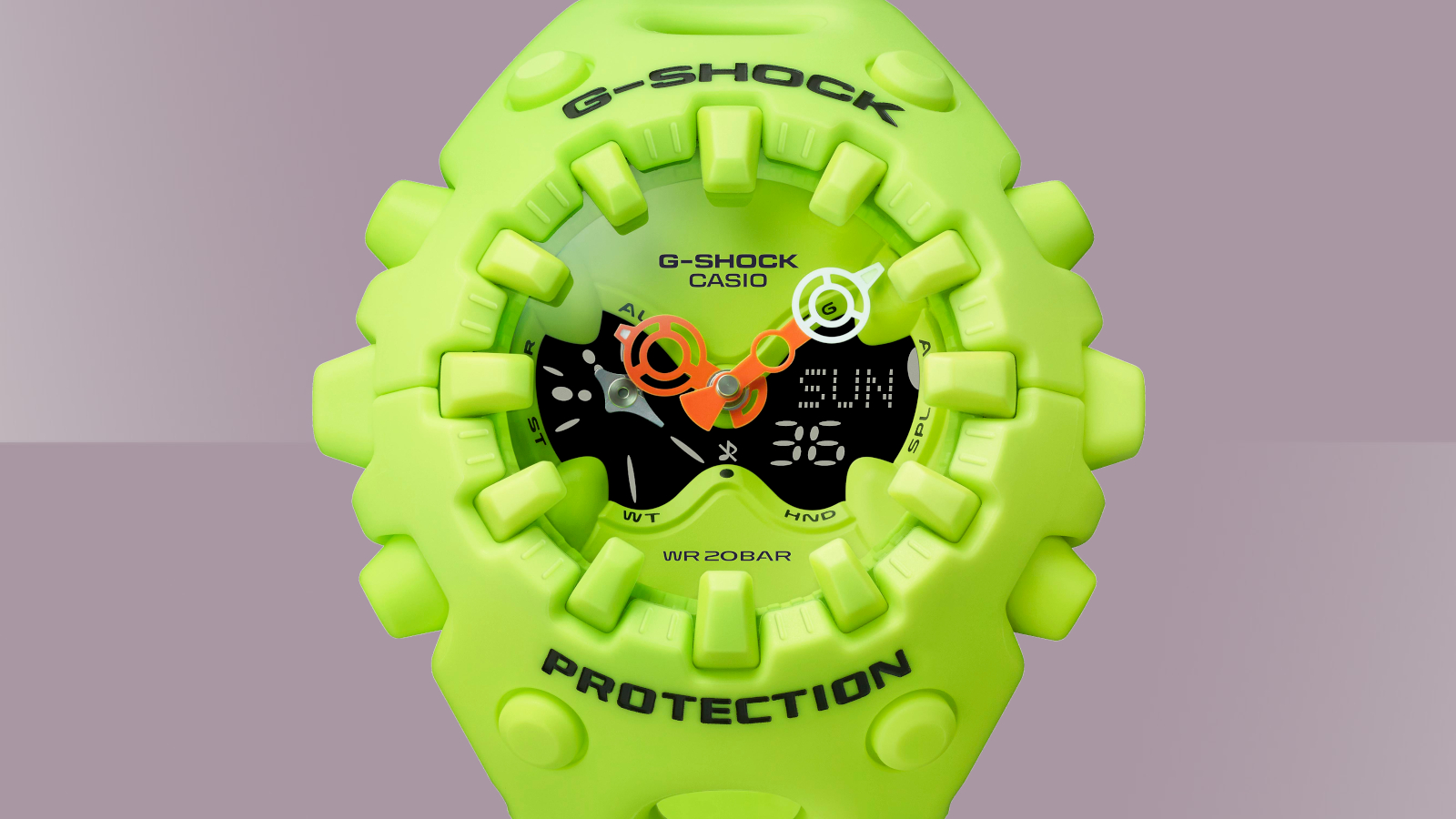
A new laptop, called Framework, is offering an entirely new kind of PC, one which is user-upgradable, repairable and comes with some serious environmental upsides. It’s the brainchild of Oculus co-founder Nirav Patel and it’s got a lot of potential without compromising the style that people love about, say, an Apple laptop.
The goal here seems to be to make a laptop that’s as flexible as a desktop PC, with that key feature — the ability to tear out all the slow old bits and replace them with fast new bits. But more than that, there’s a lot of user-customisation here, like offering owners the chance to pick the ports they need day-to-day.
For example you’ll get to decide how many USB-C ports you need, if you want HDMI or DisplayPort or what storage options you might want to slot in. This is managed through a set of expansion modules that have the faint whiff of old-school PCMCIA about them. For those who don’t know, PCMCIA, or PC cards offered some form of customisation back in the 90s and early 2000s through removable cards which slid into the side of a laptop. They often included storage or dial-up modems, and later Wi-Fi and 3G cards for remote connectivity.
- Amazon Prime Video is getting this great new channel for movie fans
- Samsung QN95A (65QN95A) review: an astounding 4K TV debut for Mini-LED QLED
- The Super Nintendo Switch Pro theory that's so crazy it just might be true
More than that though, Framework wants to ensure that battery, RAM, storage and even the keyboard can be removed from the machine and upgraded, repaired or quickly replaced. If it works like the company says, you could end up with a machine that lasts years longer than a traditional laptop and still maintains that all-important style we’ve come to expect in modern laptops.
And, with even the motherboard being replaceable you can even enjoy updated performance from updated standards, like supporting a new PCIe bus or supporting different processors. Imagine being able to add, say, a Thunderbolt 4 port without replacing the whole machine as your needs change over time.
Framework also addresses the problem of e-waste, reducing the problem of computers having a lifespan of a few years before being consigned to a cupboard where it will never be used again, thrown in a bin, or, at best, recycled. But offering replacements for virtually every component means your failed SSD can’t destroy your computer and you can switch out memory and processor when you need more speed.
The laptop is also green from the start. With 50 per cent recycled aluminium, 30% recycled plastic and no single-use plastics in the packaging at all. This is great stuff, and well worth applauding. A lot of this will depend on price. Tom’s Guide asked Nirav Patel about this and was told that pricing should be on-par with any laptop of similar spec.
Sign up to the T3 newsletter for smarter living straight to your inbox
Get all the latest news, reviews, deals and buying guides on gorgeous tech, home and active products from the T3 experts
The Framework will be available to buy this summer. In the meantime, take a look at T3's pick of the best laptops.
Source: Tom's Guide
Ian has been involved in technology journalism since 2007, originally writing about AV hardware back when LCDs and plasma TVs were just gaining popularity. Nearly 15 years on, he remains as excited about how tech can make your life better.

